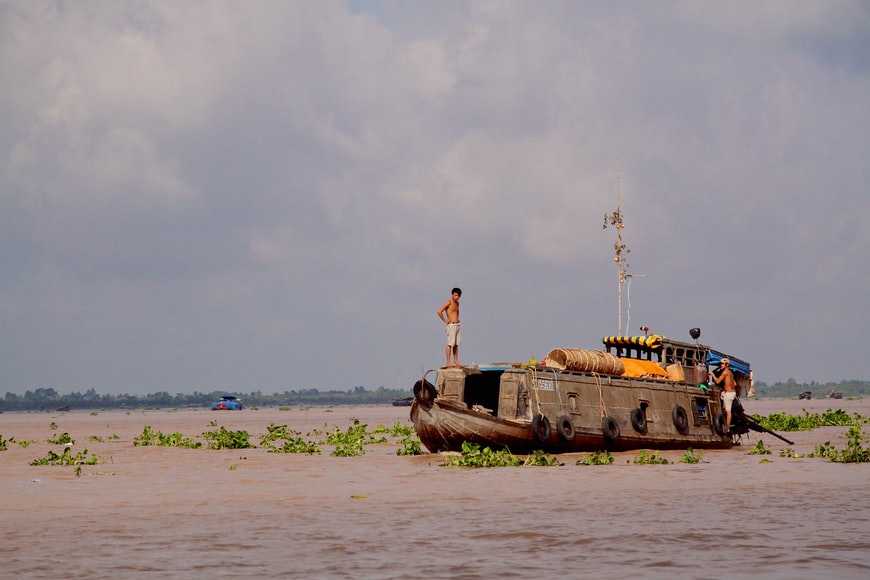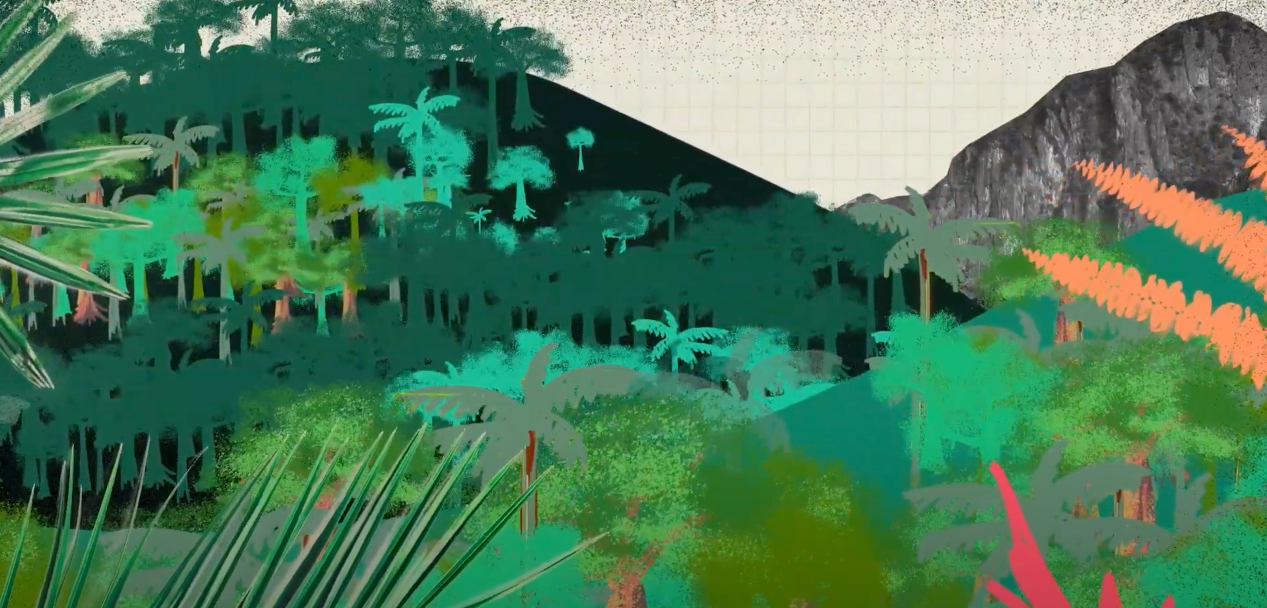Every country in the Lancang-Mekong region is facing increased climate risks, including more frequent and more severe instances of floods and drought.
A new report by the Mekong River Commission, released in October 2021, warns that food supply and livelihoods of the poorest people in the Mekong River Basin are being threatened by climate change.
Climate-induced changes to local ecosystems and habitats also risk wiping out rare and endangered species—and such changes will have cascading effects.
International donor funding and future development programs in the Mekong region must therefore prioritize action for adaptation to climate change.
Adaptation finance to the region and beyond has historically been lower than financing for mitigation efforts. The most recent figures from the Organisation for Economic Co-operation and Development (OECD) show that worldwide, just 25% of overall climate finance went specifically to adaptation activities.
This could soon change, however. At the 2021 UN climate conference in Glasgow, one positive outcome was the agreement on financing for adaptation to climate change. Developed countries agreed to double adaptation finance for poorer nations by 2025, from 2019 levels.
This rapid increase—if promises are kept—could mean many different things: infrastructure upgrades in vulnerable coastal zones, tree planting to counter rising temperatures, technology and training for underfunded civil servants, and more.
But if adaptation finance is to benefit the most vulnerable people of the Mekong, governments and international aid donors must adopt a human rights-based approach to adaptation.
Such an approach is not only about civil and political rights (such as voting rights or freedom of assembly), but also about social, economic and cultural rights to nutritious food, water and sanitation, education, and access to health care, to name just a few that are internationally recognized.
Now, the impacts of climate change gravely threaten governments’ ability to fulfil these commitments.
Climate change affects access to resources, and increases the gap between the haves and have-nots in society—for example, when riverside communities must move due to increased flooding, or when farmers cannot make a living in the face of drought conditions that reduce crop yields.
The promise of financing for adaptation is a huge opportunity to make a difference for the Mekong’s poorest, who are often the most exposed to climate risk. But governments so far have not adopted a systematic approach to integrating human rights in their adaptation planning.
The recent Glasgow conference finalised the ‘Paris Rulebook’ operationalizing the 2015 Agreement, which features human rights language under its Article 6. The new commitment to double adaptation financing is an opportunity to bring these commitments into practice.
Ahead of the Glasgow climate conference, the Raoul Wallenberg Institute of Human Rights and Humanitarian Law and the Stockholm Environment Institute jointly investigated the extent to which countries have integrated human rights concerns in their National Adaptation Plans (NAPs).
NAPs are a country-led process under the UN Framework Convention on Climate Change (UNFCCC). They are an expression of a country’s intent and strategy for fulfilling their commitments on adaptation.
Our research reviewed 15 NAPs that were available in English, out of the 24 submitted before COP 26. Fiji’s plan explicitly adopted human rights language, while Brazil’s plan strongly articulated the rights to water and the rights of Indigenous peoples. But overall, human rights are generally absent in the NAPs that we reviewed, or are addressed in an unsystematic way.
Intentionally adopting a rights-based process for NAPs means two things.
First, it ensures that climate adaptation funds do indeed benefit the most vulnerable people and communities through efforts to alleviate the impacts of climate change.
Second, it sets the scene for a truly inclusive and accessible planning process, in which disadvantaged groups are able to have their voices heard and are included in decision making about the future we share.
States are sometimes hesitant to adopt a rights-based approach, viewing this exercise as politically too challenging.
But implementing human rights need not be a ‘blame game.’ It is possible to institute adaptation processes that celebrate everyone’s inherent dignity and everyone’s equal and inalienable rights.
A human rights-based approach will also help ensure that new adaptation programs do not adversely affect minorities or disadvantaged groups.
Tools, guidance, and awareness-raising initiatives can help with integrating a human rights-based approach into all adaptation actions.
RWI is currently working on guidance for integrating human rights concerns in the NAPs. This will also look beyond NAPs to provide guidance for program implementation, supporting the policy-to-practice process.
Boosting adaptation finance should mean that the world’s poorest countries have additional resources to do what they urgently need—and that governments will target those resources towards those most in need.
The promise of Glasgow could help protect human rights in our rapidly-warming world.
Victor Bernard is a programme officer at the Raoul Wallenberg Institute, based in Bangkok.
Delia Paul is a human geography researcher at Monash University in Melbourne. An earlier version of this article appeared in IPS News.





